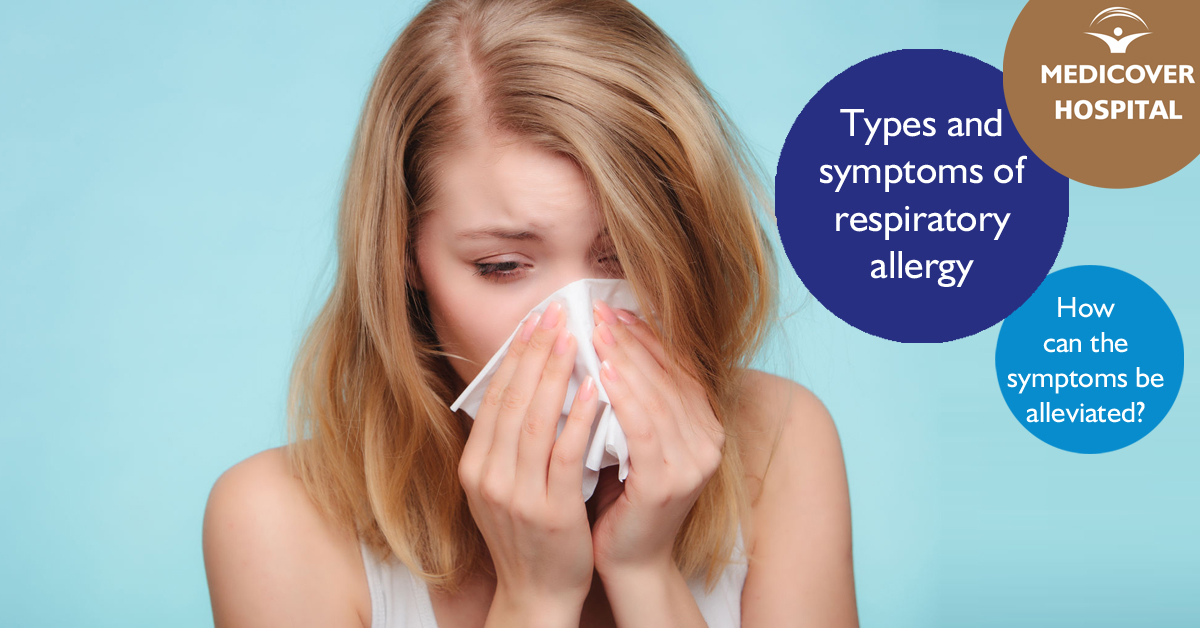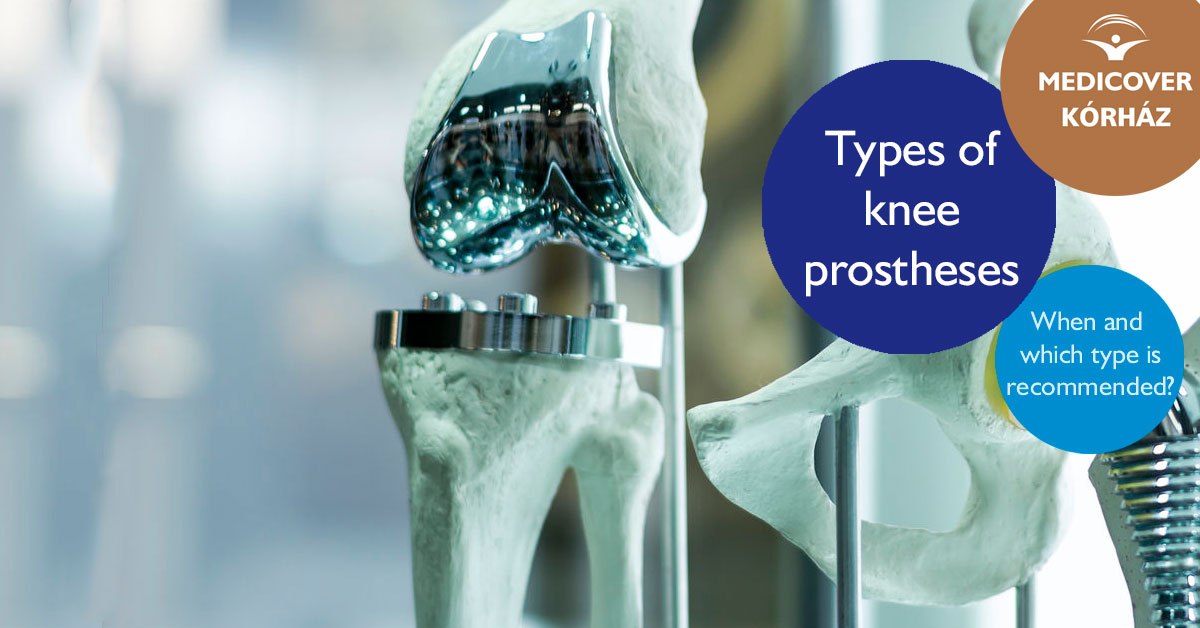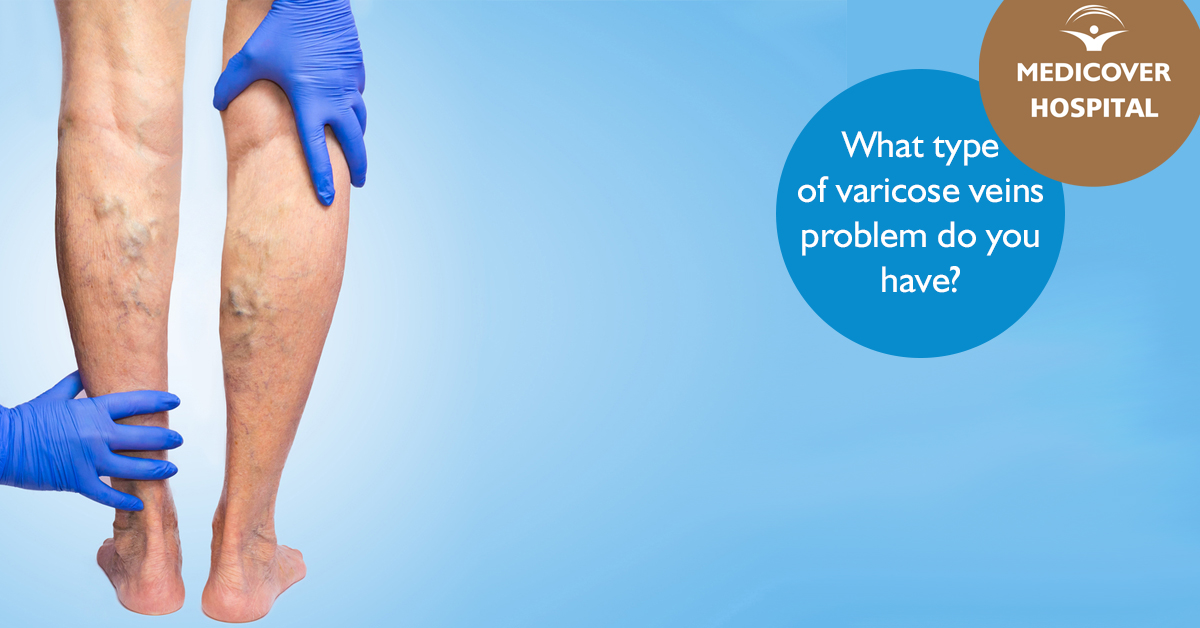Allergy is an increased, excessive reaction of the immune system to certain allergens. Allergens are the protein constituents of the substances that cause hypersensitivity.
Respiratory allergy may affect the whole bronchial system, in which case it is allergic asthma or inflammation of the nasal mucosa and occurs in the form of allergic rhinitis (hay fever).









